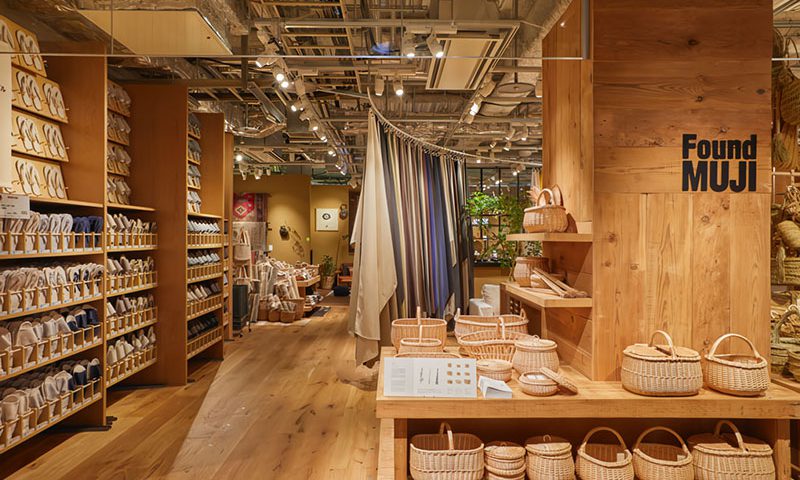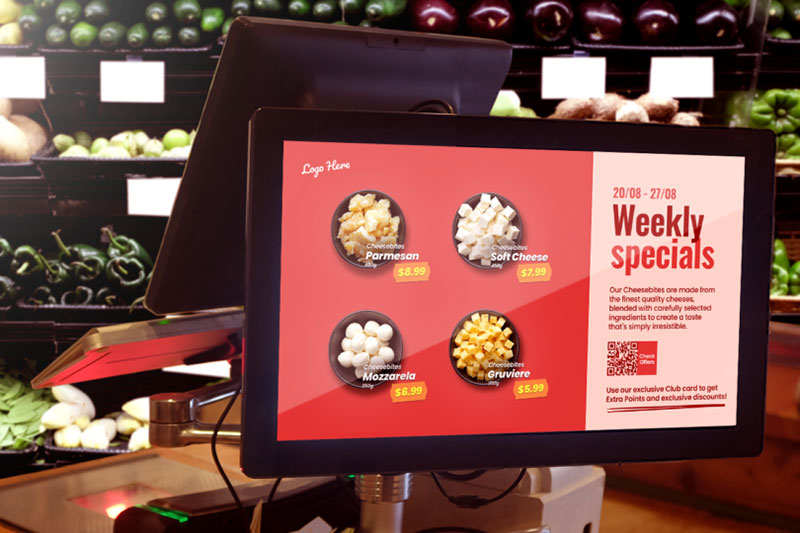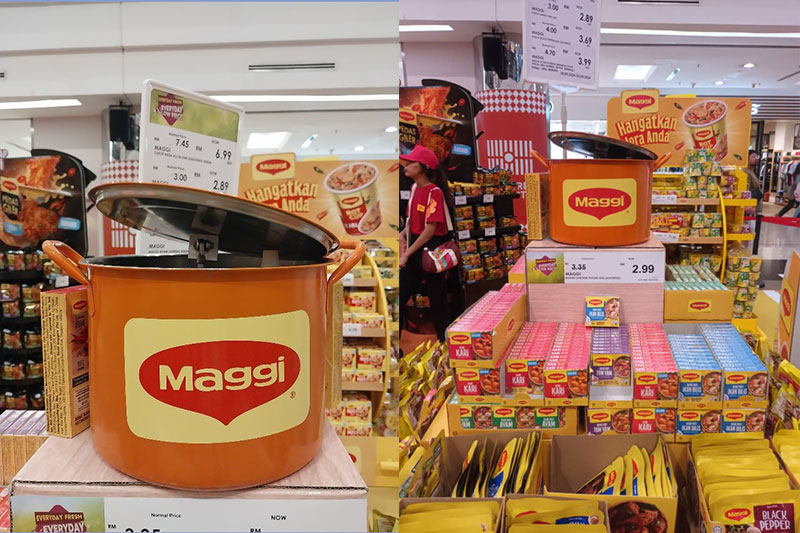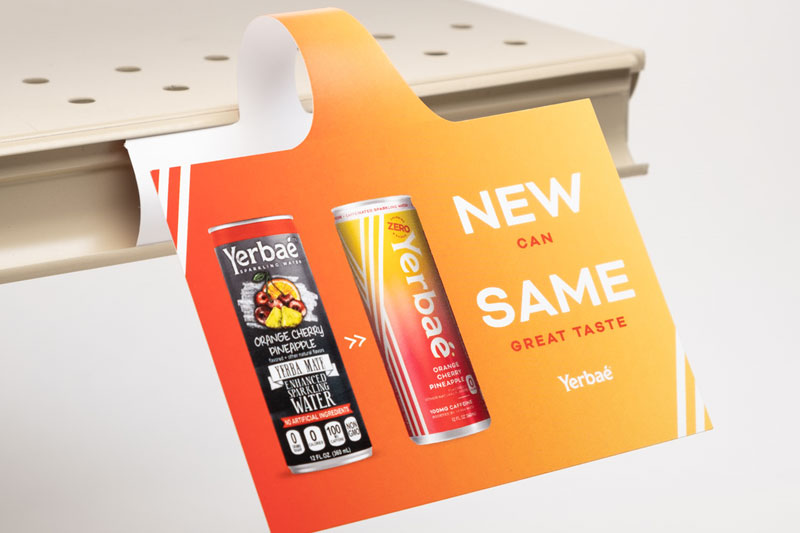Sustainability is no longer a buzzword. It is a business imperative. As both consumers and governments place greater emphasis on environmental responsibility, brands in Malaysia are rethinking every touchpoint of their in-store experience.
With initiatives like the Green Technology Master Plan (GTMP) and Sustainable Development Goals (SDGs) gaining traction, eco-friendly POSM (Point-of-Sale Materials) has emerged as a critical area for innovation. But how can retail brands reduce waste without compromising visual impact?
The answer lies in combining sustainable materials, modular design, and creative reuse strategies. This proves that standout marketing and environmental responsibility can go hand in hand.
Materials That Matter
The first step toward sustainability is choosing better building blocks. Just like the global shift from plastic straws to biodegradable ones, retail brands can switch from harmful materials to recyclable or compostable options without losing aesthetics.
For temporary POSM like wobblers, shelftalkers, and standees, materials like recycled cardboard, chipboard, and bamboo are lightweight, affordable, and biodegradable. They are ideal for short campaigns.
For long-term installations, more robust solutions are required.
INK in Action:
In a major sustainability milestone, INK Marketing helped Nestlé Malaysia transition from single-use cardboard to sturdy, recyclable metal block displays. Built from long-lasting materials, these displays significantly reduced the frequency of replacements. The result was both eco-benefits and cost savings.
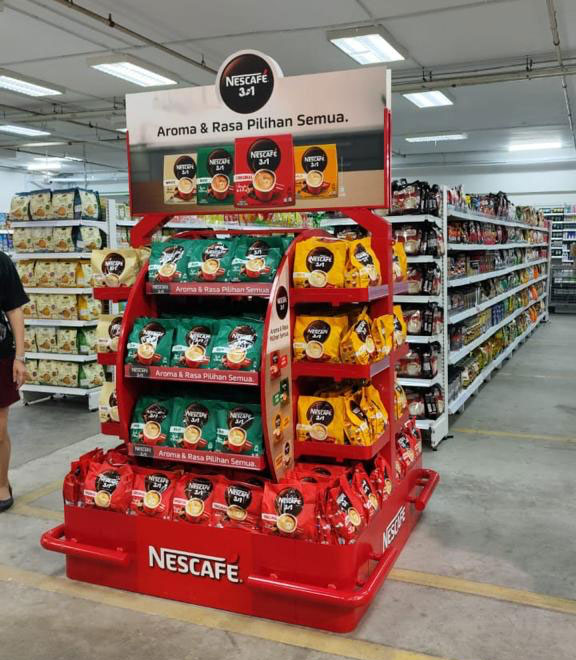
Smart Design for Reusability
Even the most eco-conscious materials are ineffective without thoughtful design. Great POSM does not just minimise waste. It adapts, extends, and scales.
Continuing the Nestlé example, INK’s metal displays were not just strong. They were modular. Featuring interchangeable side panels and headers, the same structure could host multiple brand campaigns over time. This is a perfect example of reusable POSM done right.
In addition, minimalist design can further reduce environmental impact. Two-tone and monochrome graphics lower ink consumption. Neutral backgrounds like beige or grey shift focus to the product, not the print. Simplified messaging improves visibility and reduces clutter.
Brands like Muji are known for this philosophy. Their understated POSM, featuring natural tones and basic fonts, embodies sustainability while reinforcing the brand’s core values.
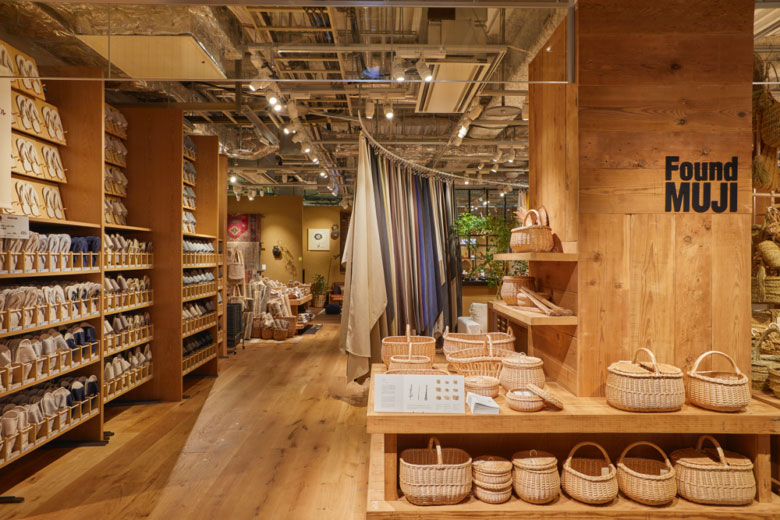
Reimagining Signage: From Compostable to Digital
Sustainable signage now goes far beyond recycled paper. Innovations include plant-based window decals that leave no residue, compostable clings used by brands like LUSH and Patagonia, water-based inks, and non-toxic adhesives for better recyclability.
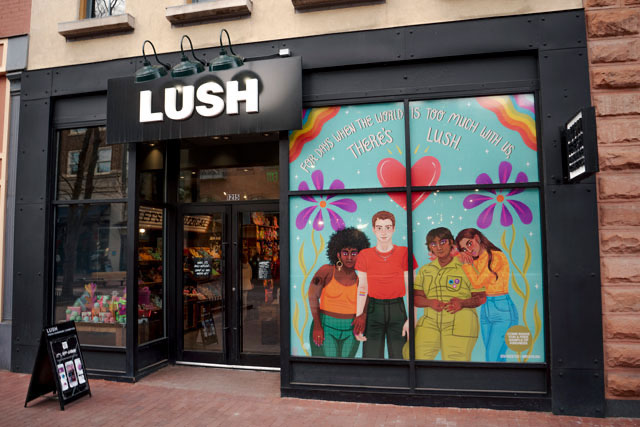
For brands seeking flexibility, digital POSM offers a compelling solution. A single tablet or screen can rotate campaigns without printing, display product demos, highlight time-sensitive promotions, and double as a cashless payment terminal with QR integration.
These displays are widely used in the F&B space. QR menus have replaced print in many restaurants, saving cost while elevating the customer experience.

Zero-Waste Innovation Beyond the Campaign Lifecycle
Sustainability also means thinking about what happens after the campaign ends.
Adidas leads by example, repurposing materials from old POSM into seating for retail outlets. Rather than disposing of aged fixtures, they are turned into functional, brand-aligned installations.
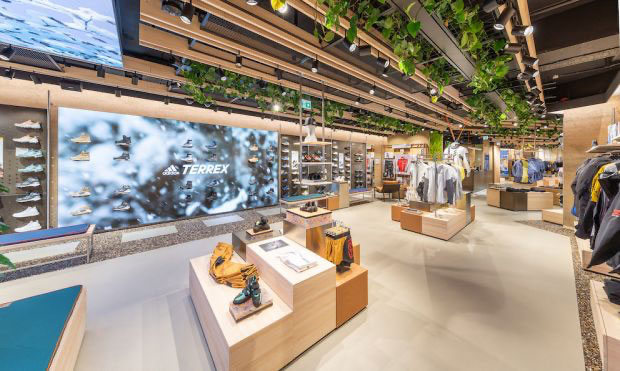
Smaller players like Sewing World go a step further by transforming vinyl POSM banners into limited-edition tote bags. The result is a one-of-a-kind upcycled product that customers are proud to carry and talk about.
These efforts not only divert waste from landfills. They also turn old POSM into new brand stories.
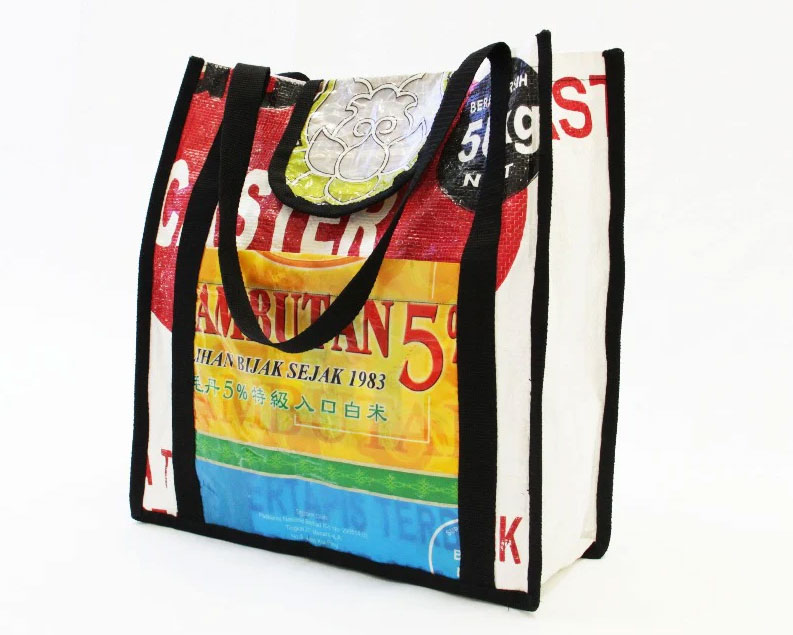
Sustainability Means Smart Business
Going green is not just good ethics. It is good economics and better branding.
Brands that embrace recyclable displays and sustainable signage are better prepared for shifting regulations. Eco-conscious POSM signals brand responsibility and relevance to environmentally aware consumers. Modular and reusable displays reduce long-term production costs and logistics waste.
As INK’s award-winning Nestlé standee proves, smart and sustainable POSM does not mean compromising on visibility, functionality, or creativity. It simply means designing with purpose, for people, for the planet, and for performance.

